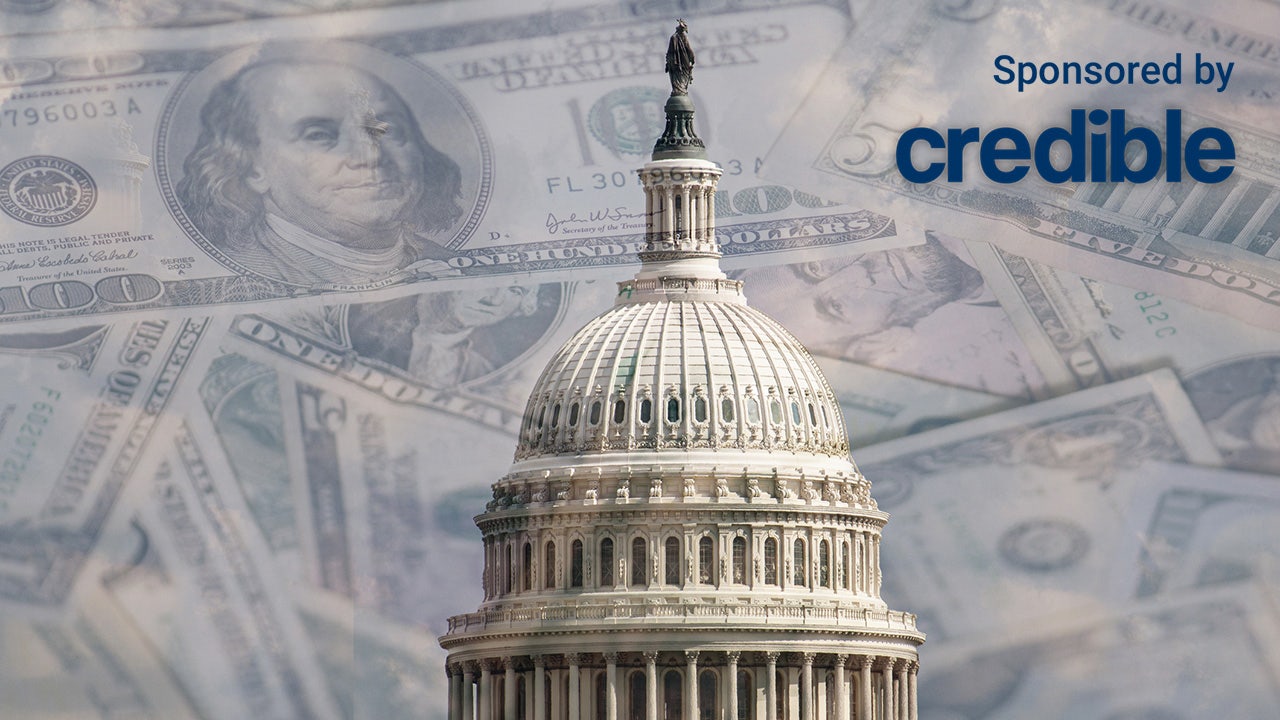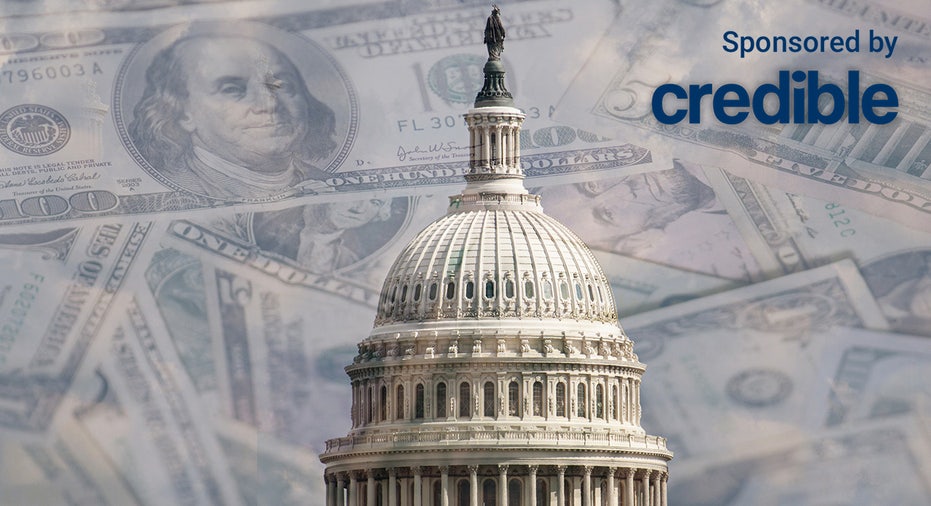Millions of SAVE plan borrowers are in forbearance while the legal battle continues. (iStock )
Despite President Biden’s request to reinstate the SAVE plan the administration created to help student loan borrowers pay less in monthly payments, the Supreme Court declined to do so on Wednesday. Lower courts blocked the plan earlier in the summer after legal challenges were brought up by GOP-led states.
The decision by the court had no immediate effect on the millions of borrowers enrolled in the plan but blocks new applications. When the initial block came, borrowers who were part of the plan were automatically placed into an interest-free forbearance. During this forbearance, borrowers aren’t required to make monthly payments.
The fate of the plan remains to be seen as legal battles in lower courts continue. Alaska, South Carolina and Texas have all asked for partial blocks to the program while they fight their respective court battles.
Although the Education Department can no longer offer the SAVE plan to new borrowers, the Biden Administration said in a statement that they plan to continue fighting for student loan forgiveness.
“The Biden-Harris Administration will continue to aggressively defend the SAVE Plan in court and continue to pursue all available tools to reduce the burden of student loans on borrowers across the country,” the statement said.
If you have private student loans, federal relief doesn’t apply to you, unfortunately. If you’re looking to lower monthly payments and ease the burden of student loan debt, consider refinancing your student loans. See what rates you qualify for via the online marketplace Credible.
PAYE VS. SAVE: COMPARE YOUR OPTIONS
Biden-Harris Admin provides over $80M to improve college readiness for low-income students
In an effort to continue providing educational resources, the Biden-Harris administration recently announced that more than $80 million will be given to 26 different grantees to support college readiness programs. The idea is to help students from low-income backgrounds be better prepared to go to college.
The grants are under the Gaining Early Awareness and Readiness for Undergraduate Programs (GEAR UP) program. The purpose of the program is to increase the number of students from underserved communities who attend college or trade schools.
“GEAR UP helps communities come together to start early in preparing young people to go to college and succeed,” U.S. Under Secretary of Education James Kvaal said. “The Biden-Harris Administration has fought to help all students reach their college dreams and go on to a better life.”
These grants are six- or seven-year grants that states, schools and universities can use to provide services to middle and high school students from low-income families who are on the fence about attending post-secondary schools.
If you can qualify for a student loan refinance at a lower rate than you’re currently paying, there are few downsides to refinancing. You can use Credible to compare student loan refinancing rates from multiple private lenders all in one place.
STUDENT LOAN DEBT HAS INCREASED BY 430% SINCE 2003 – HERE’S HOW TO LOWER YOUR DEBT
Percentage of Americans approaching retirement with student loan debt up 500%
Student loan debt is a pervasive problem in America, affecting everyone from newly graduated high schoolers to parents taking out loans for their college-aged children. More and more Americans nearing retirement are still struggling with student loan debt, even after years of making payments.
The percentage of Americans who are about to retire and still have student loan debt has risen over 500% in the last two decades, a New America study found. In 2022 alone, 3.5 million Americans over 60 held $1.25 billion in student loan debt.
Many seniors still have student loan debt for a couple of different reasons. For some, the debt is the original debt they took out when they went to college, but others are dealing with debt after taking out federal Parent PLUS loans for their children attending college. Some also co-signed loans their children can’t pay, so they’re now saddled with the debt.
A handful of seniors in the report stated they’ve had student loan debt for at least 15 years, if not longer. Seniors still dealing with this debt also have higher default rates, the report found.
To see what you’d pay on a private student loan — either with or without a cosigner — you can visit Credible to view a rates table that allows you to compare fixed and variable rates from multiple lenders without affecting your credit score.
PARENTS RELY HEAVILY ON BORROWING TO PAY FOR COLLEGE COSTS: SURVEY
Have a finance-related question, but don’t know who to ask? Email The Credible Money Expert at [email protected] and your question might be answered by Credible in our Money Expert column.

 Blog Post1 week ago
Blog Post1 week ago
 Economics1 week ago
Economics1 week ago
 Finance1 week ago
Finance1 week ago
 Economics1 week ago
Economics1 week ago
 Economics1 week ago
Economics1 week ago
 Personal Finance1 week ago
Personal Finance1 week ago
 Accounting1 week ago
Accounting1 week ago
 Economics1 week ago
Economics1 week ago










